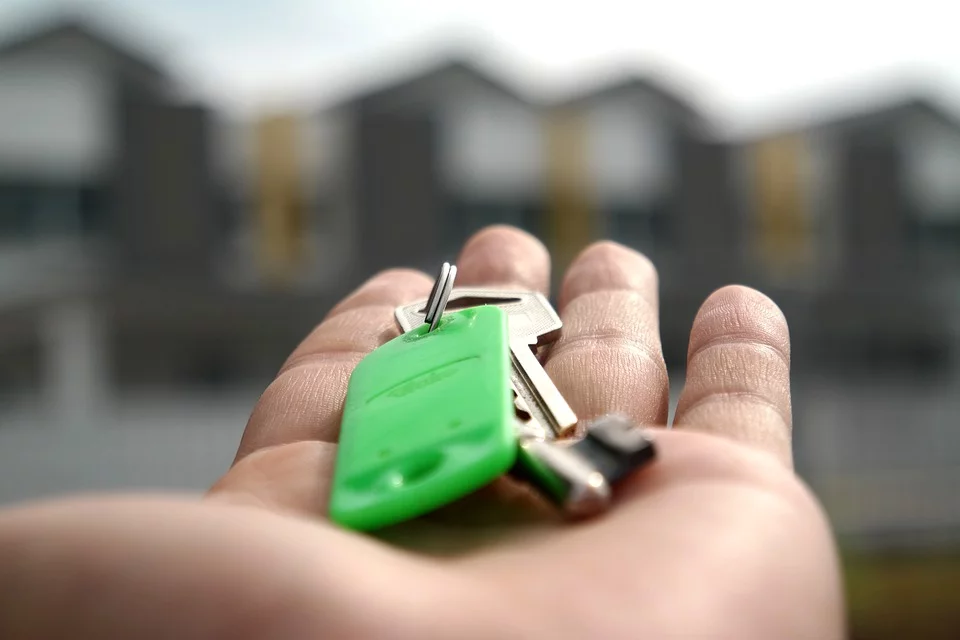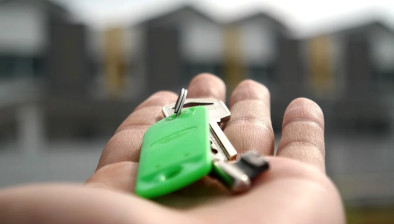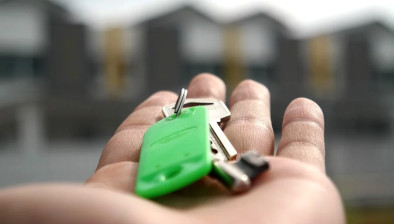WFS: Scottish house prices a game of two halves

Half of Scotland experienced house price increases in Scotland throughout August whilst half saw prices drop, according to the latest House Price Index from Walker Fraser Steele.
According to the index, in August the average house price in Scotland increased by £1,375, or 0.6%, over the last twelve months. This is the same growth rate as seen in July, and it is the weakest annual rate of growth since the near start of the pandemic in May 2020.
However, the performance of the Scottish housing market is split. In Edinburgh and Glasgow, two of the largest housing markets in Scotland with a combined 22% of market share, Glasgow saw an increase in prices in the month of +0.4%, while in Edinburgh prices fell by -0.6%, however this is perhaps due to Glasgow being more affordable (£211,000) compared to Edinburgh (£338,000).
Scotland’s average house price fell by a very modest £22 in August, and now stands at £223,655. However, this is an average national figure – looking at the change in the individual Local Authority Areas, there were 16 authorities with price increases in the month and 16 areas with price falls. It would appear that these two groups have largely cancelled each other out.
Looking at the movement in average prices some twelve months earlier, in August 2022, the market was similarly experiencing a zero % change in prices. Consequently, the change in average prices in August 2023, over the previous twelve months, has remained the same as in July 2023 at 0.6%. This rate is the lowest recorded since May 2020, at the near start of the pandemic, but on an annual basis the rate of change remains positive - unlike eight of the ten regions in England and Wales, where house prices over the year are now falling
Scott Jack, regional development director at Walker Fraser Steele, said: “Lower levels of activity in the market are reflected in the volume of sales which, so far this year, are about 10% lower than the corresponding months of 2022. What this slowdown in activity does illustrate is that offers below the asking price are becoming more common. The restrained market sentiment may continue for some time, but with continuing strong earnings growth and the expectation that interest rates may be peaking from their July high, it could provide a soft landing for Scotland’s housing market. However rates need to continue in a downward trajectory to persuade buyers back to the market.”
Since the start of the Covid pandemic in March 2020. Prices have risen by £40,000 from £183,000 to £223,000 as at August 2023. This increase of 22.2% over the period compares to a figure of 19.2% in the CPIH Index – so in real terms (after allowing for consumer price inflation), the average house price in Scotland since the start of the pandemic has risen by around 3.0%.
Much of the adjustment to the more challenging conditions now facing the housing market is appearing as lower levels of activity, with sales so far this year about 10% lower than the corresponding months of 2022. Whilst being a significant correction, this is only about half that seen in England & Wales.
This pattern of subdued market prices and turnover may continue for some time. Nevertheless, with continuing strong earnings growth and financial markets beginning to look forward to official interest rates peaking, there are grounds for looking forward to a soft landing and subsequent recovery in Scotland’s housing market.








